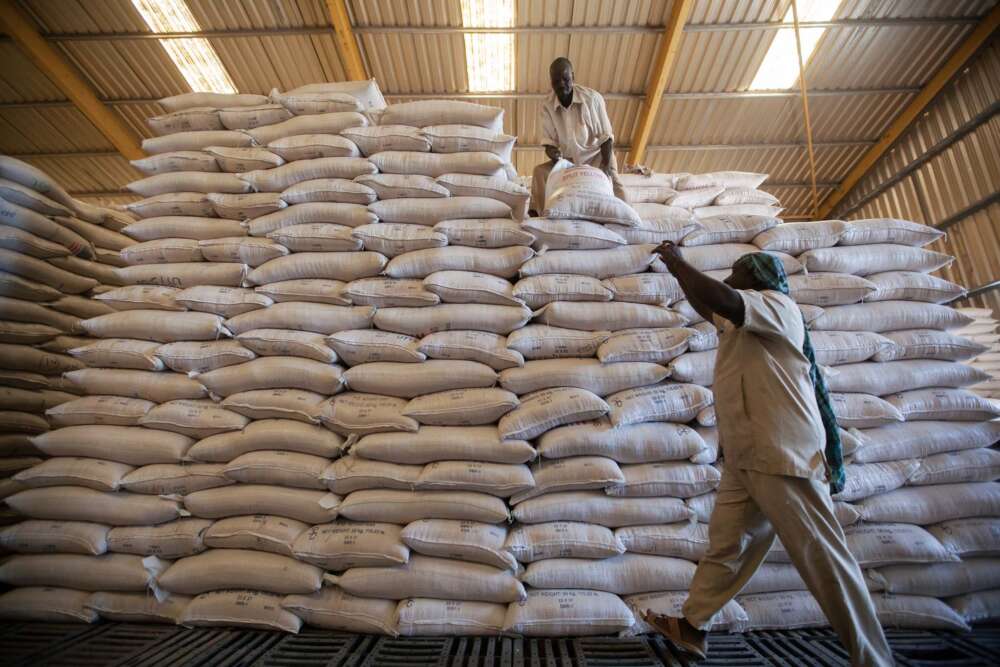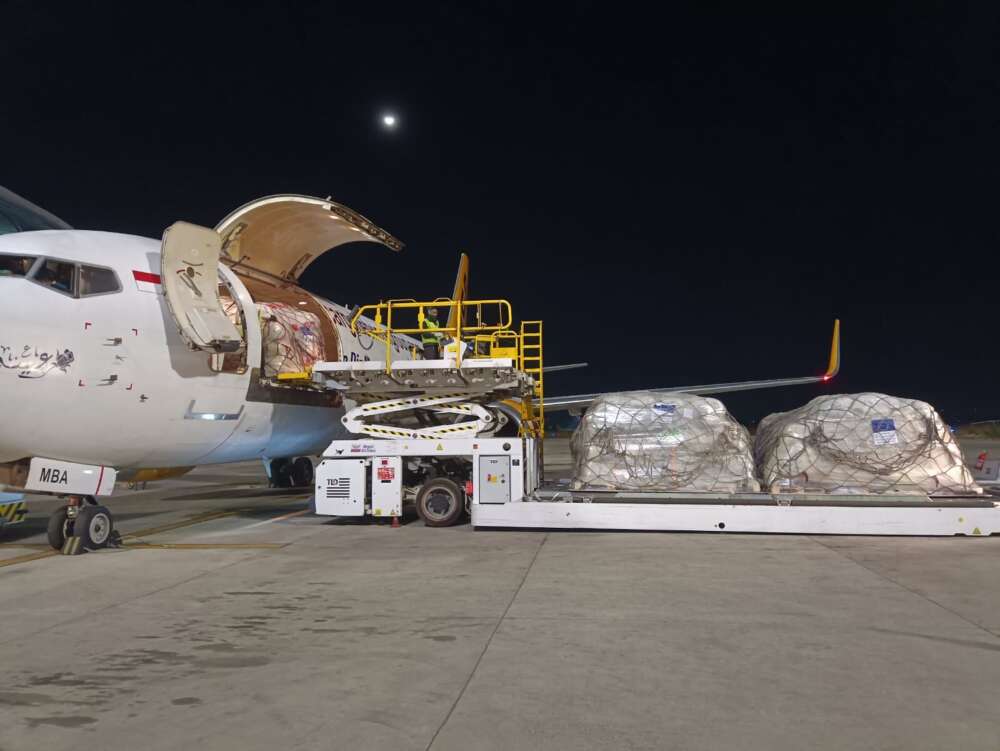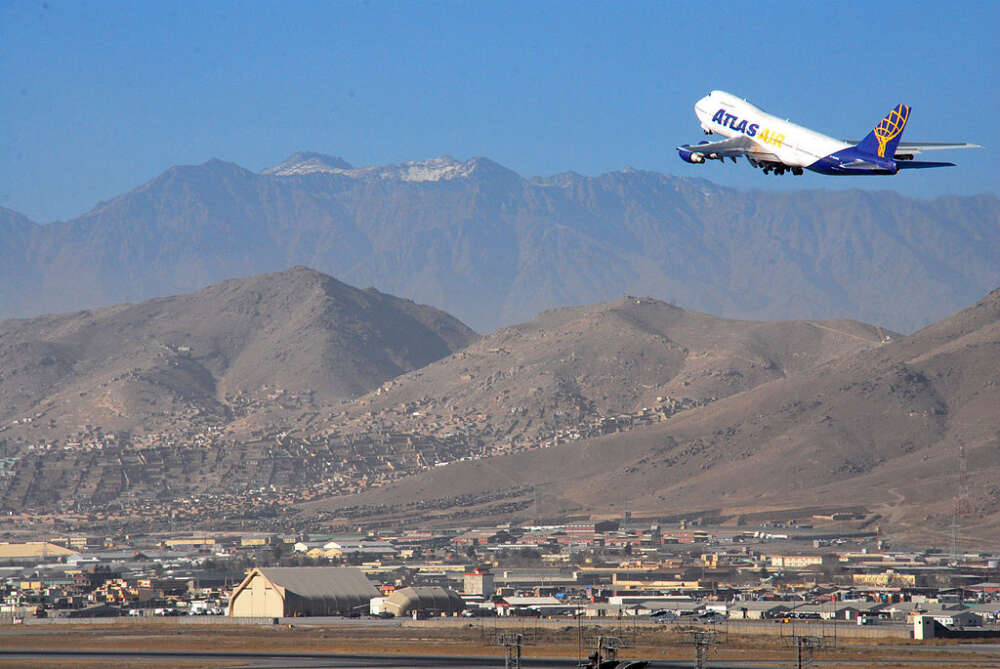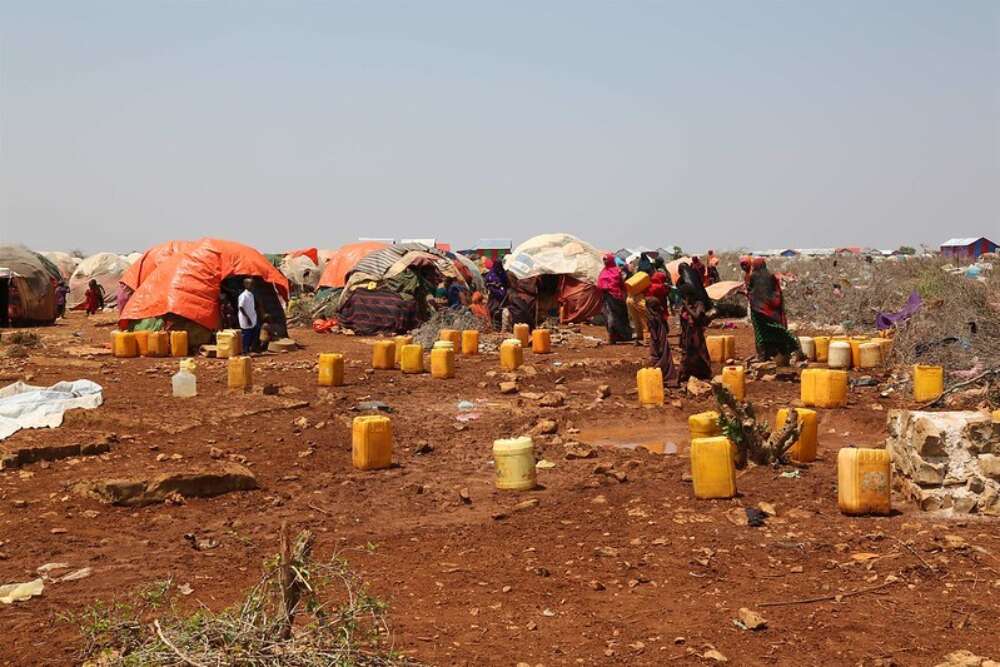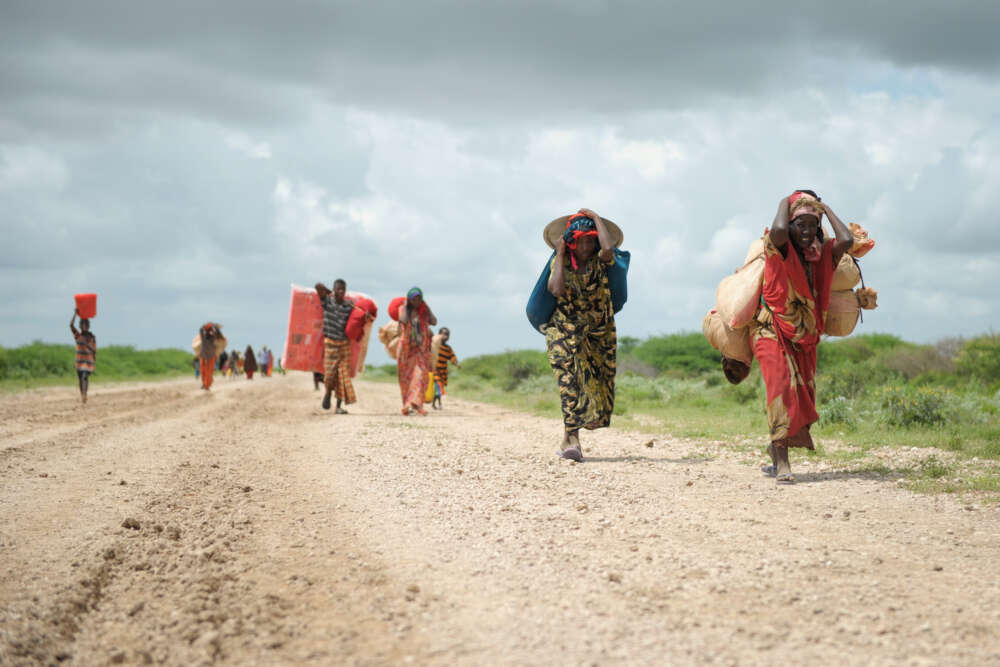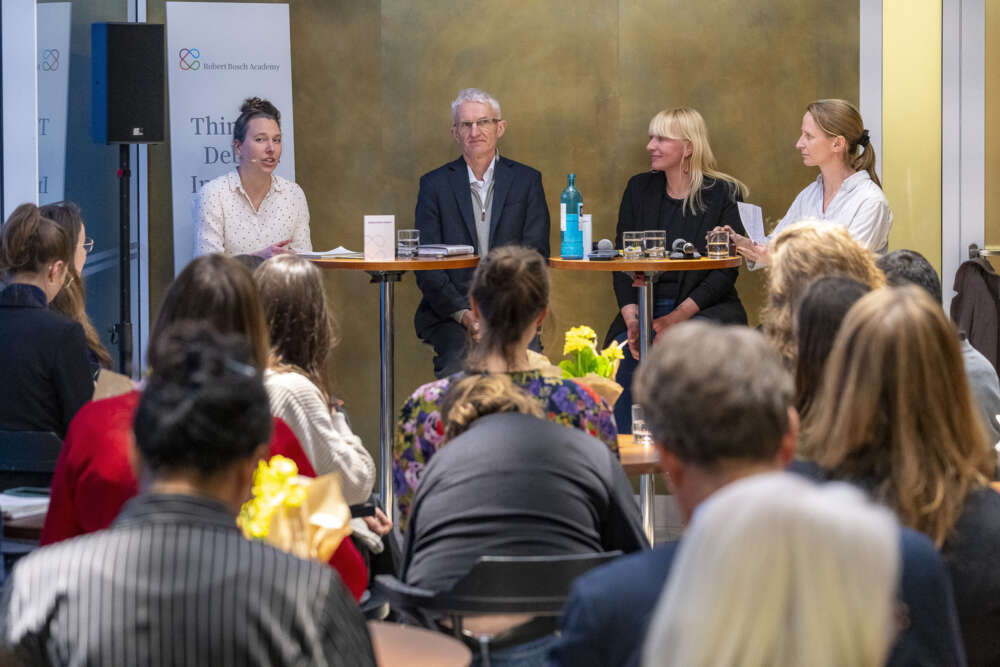Discussion Papers 1–4: UNHCR’s Engagement in Humanitarian-Development Cooperation
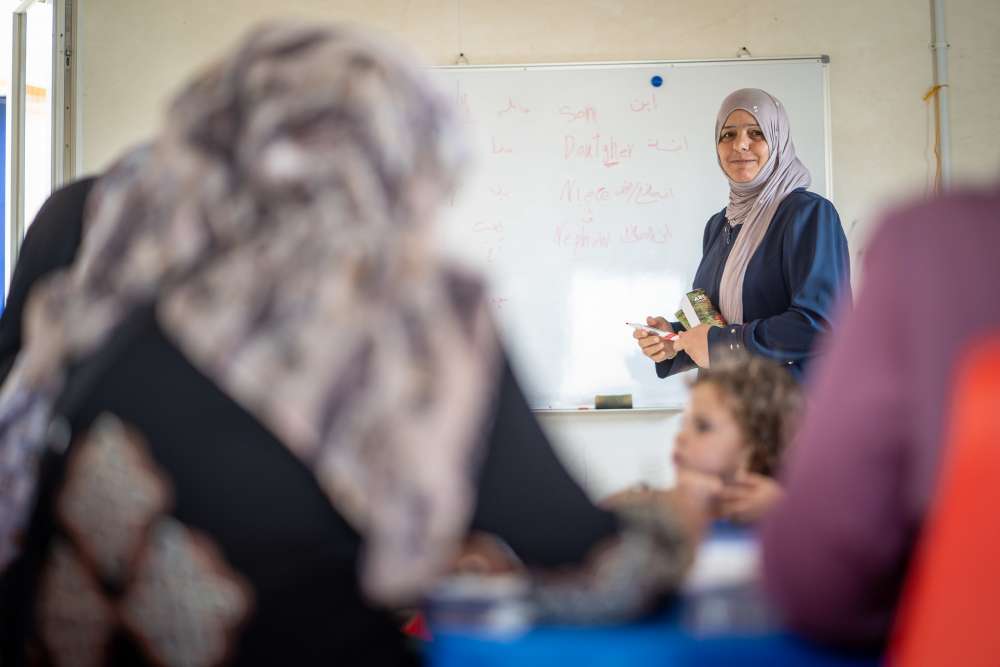
This series of four discussion papers presents findings emerging from an ongoing longitudinal evaluation of UNHCR’s engagement in humanitarian-development cooperation. Each of the papers focus on selected issues requiring further discussion:
Paper 1: What Other Opportunities to Engage in Humanitarian-Development Cooperation Exist?
UNHCR has systematically increased its outreach to development actors. However, there are further opportunities to engage with the UN Development System, protection-related aspects of good governance and development-oriented NGOs.
Paper 2: How Can UNHCR Close the Remaining Gaps between Commitments Made in the Context of the Global Compact on Refugees and Operational Practice?
UNHCR has achieved broad internal buy-in to pursue a more comprehensive response through humanitarian-development cooperation. However, this paper highlights challenges to fully translating its commitment into operational practice, including on achieving the full contribution of UNHCR staff members and programs to humanitarian-development cooperation and uncertainty about UNHCR’s intent to mobilize resources from development partners.
Paper 3: What Are the Implications of Humanitarian-Development Cooperation for Protection?
Evaluation findings suggest that UNHCR could increase the added value of humanitarian-development cooperation for the protection environment for refugees and other persons of concern by: (1) clarifying the inter-linkages between the protection environment and humanitarian-development cooperation; (2) strengthening the delivery of protection analysis to development actors; and (3) further clarifying UNHRC’s role in the process assessing the adequacy of protection frameworks for allocations under the IDA window for refugees and host communities.
Paper 4: What Does This Entail for UNHCR’s Planning and Budgeting Processes?
This paper explores the challenges of working with resources earmarked for humanitarian-development cooperation in terms of: 1. reflecting such funding in the Country Operations Plans and prioritizing between traditional humanitarian and development-oriented activities; 2. programming earmarked, multi-year funds and supporting more long-term thinking; and 3. meeting the reporting requirements for such funds.
Download the discussion papers here.

